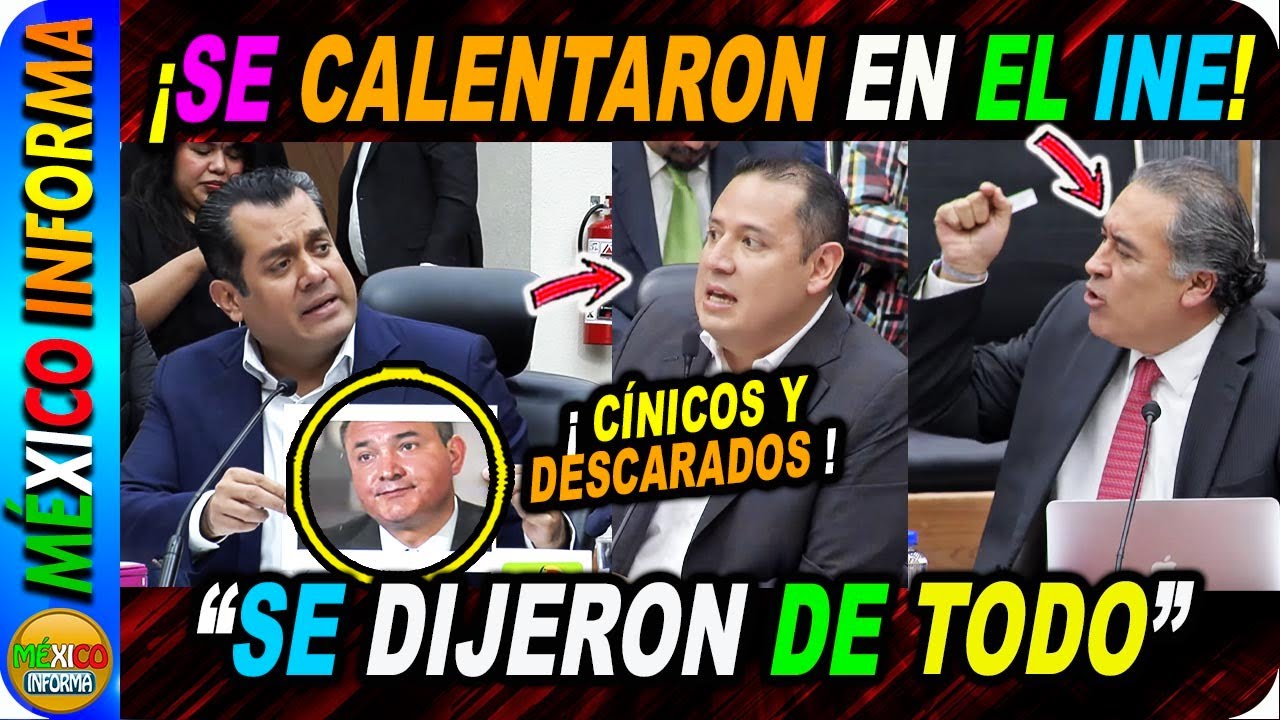Karim Suryadi - Ketika Demokrasi Tanpa Demos
Summary
TLDRThe script addresses the concerns over the nomination of presidential candidates in 2024, questioning the transparency and public participation in the process. It critiques the dominance of party leaders in selecting candidates and the lack of open nomination. The speaker calls for a more democratic approach, emphasizing the importance of ethical decision-making and accountability to both God and the people. The script also urges the media to provide comprehensive coverage of potential leaders, advocating for a democracy that truly represents the people's will.
Takeaways
- 🗳️ The script discusses the nomination of presidential candidates in 2024, suggesting that the process is influenced by party leaders rather than public participation.
- 🤔 It questions whether there will be any change in the nomination process, given past experiences where party leaders decide the candidates.
- 👥 The script highlights the importance of public participation in the nomination process, emphasizing that democracy should involve the people.
- 📜 It points out that while there are no laws requiring open nomination of candidates, the spirit of democracy and Pancasila principles suggest that decisions should be accountable to the people.
- 🤝 The script calls for party leaders and activists to act wisely and honor the voice and will of the people in the nomination process.
- 📢 It urges the media to provide more coverage of potential leaders, offering a broader perspective beyond surveys and polls.
- 🚫 The script warns against using party politics as a tool to manipulate public opinion or to rubber-stamp decisions made by a few within the party.
- 🙅♂️ It criticizes the notion of party politics overshadowing the will of the people, suggesting that parties should not become a 'stomach' for the desires of a few.
- 🌟 The script ends with a call for integrity and the elevation of the voice of the people in the political process, aiming for a democracy that truly represents the people.
Q & A
What is the main concern expressed in the script about the nomination of presidential candidates?
-The main concern is the lack of transparency and public participation in the nomination process, which is often controlled by party leaders rather than reflecting the will of the people.
What historical event from 2019 is mentioned in the script that illustrates the issue with the nomination process?
-The script refers to a fragmentation incident in 2019 where a potential vice-presidential candidate had to wait until the end of the process, only to be proven wrong, illustrating the unpredictability and control by party leaders.
What is the speaker's fear regarding the future of the nomination process?
-The speaker fears that there will be no change in the nomination process and that party politics will continue to overshadow the democratic will of the people.
How does the script use the story of Jalaluddin Rumi to convey a message about the nomination process?
-The story of Jalaluddin Rumi is used as a metaphor to criticize the self-righteousness and lack of self-awareness in the nomination process, where people might not realize the true reasons behind their decisions.
What does the script suggest about the role of party politics in the nomination process?
-The script suggests that party politics should not be a tool to manipulate the will of the people but should instead serve to amplify the voices and aspirations of the public.
What is the importance of the media's role as highlighted in the script?
-The script emphasizes the media's role in providing extensive coverage of potential leaders, offering a strength map and alternative views beyond surveys, to ensure a more democratic and informed nomination process.
What is the script's stance on the ethical principles that should guide the nomination process?
-The script advocates for the nomination process to be guided by ethical principles that ensure decisions are accountable to both God and the people, reflecting the true spirit of democracy.
Outlines

Этот раздел доступен только подписчикам платных тарифов. Пожалуйста, перейдите на платный тариф для доступа.
Перейти на платный тарифMindmap

Этот раздел доступен только подписчикам платных тарифов. Пожалуйста, перейдите на платный тариф для доступа.
Перейти на платный тарифKeywords

Этот раздел доступен только подписчикам платных тарифов. Пожалуйста, перейдите на платный тариф для доступа.
Перейти на платный тарифHighlights

Этот раздел доступен только подписчикам платных тарифов. Пожалуйста, перейдите на платный тариф для доступа.
Перейти на платный тарифTranscripts

Этот раздел доступен только подписчикам платных тарифов. Пожалуйста, перейдите на платный тариф для доступа.
Перейти на платный тарифПосмотреть больше похожих видео

Update Tahapan Pilkada 2024 (Per 9 September 2024)

Prabowo Menjawab - RUU Polri: Banyak Polisi Berkasus, Layakkah Kewenangannya Ditambah?

Kelompok 3 (ETIKA) | Nepotisme di Negeri Demokrasi: Membahas Putusan MK yang Kontroversial

SE CALENTARON LOS ÁNIMOS EN EL INE. DIPUTADO DE MORENA LE SMOSTRÓ ESTA FOTO EN PLENA SESIÓN.

VIRAL || HARAM PILIH PRABOWO, RIBUAN KADER GOLKAR BERSAMA GANJAR PRANOWO DI PILPRES 2024_2029

The ‘stain’ of foreign interference on Canadian elections
5.0 / 5 (0 votes)
